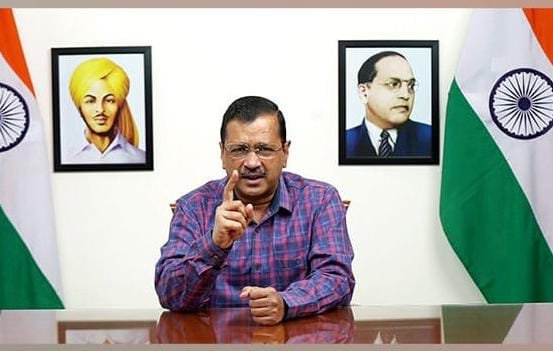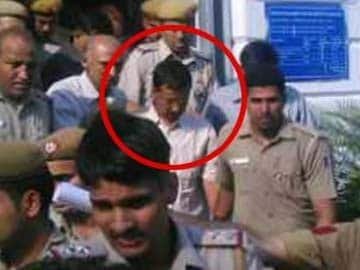
Arrest by Enforcement Directorate (ED):

Arvind Kejriwal, the Chief Minister of Delhi and a prominent leader of the Aam Aadmi Party (AAP), has been arrested by the Enforcement Directorate (ED). The ED alleges that Kejriwal demanded a sum of ₹100 crore from a southern group, leading to his arrest.
Legal proceedings are underway, with the ED seeking remand for Arvind Kejriwal to further investigate the allegations. The court’s decision regarding the remand application is pending, and it could be issued at any time.
Kejriwal’s arrest has triggered intense political reactions, with AAP leaders vehemently defending him and labeling the accusations as politically motivated. Opposition parties, however, have demanded a thorough investigation into the allegations.
The public response to Kejriwal’s arrest has been mixed, with some expressing shock and disbelief, while others view it as a validation of their suspicions regarding corruption in politics. Social media platforms are abuzz with discussions and debates surrounding the incident.
If remanded by the court, Arvind Kejriwal will undergo further interrogation by the ED, potentially leading to formal charges being filed against him. The outcome of the legal proceedings will have significant implications for his political career and the AAP as a whole, as well as for the broader landscape of Indian politics.
As the court deliberates on the ED’s remand application, anticipation mounts regarding the potential course of action. Depending on the court’s decision, the case may take various turns, ranging from Kejriwal’s release on bail to a prolonged legal battle.
The arrest of Arvind Kejriwal has dominated headlines in both national and international media, underscoring its significance in the political landscape of India. News channels, newspapers, and online portals are providing extensive coverage, offering analyses, opinions, and updates on the unfolding events.
The public perception of Arvind Kejriwal’s arrest is fluid, with opinions shaped by personal beliefs, political affiliations, and media narratives. While some view him as a crusader against corruption facing unjust persecution, others see him as a symbol of political opportunism and moral ambiguity.
In conclusion, the arrest of Arvind Kejriwal by the Enforcement Directorate and the subsequent legal proceedings have raised pertinent questions about political integrity, accountability, and the rule of law. As the nation awaits the court’s decision, the repercussions of this development reverberate across political, social, and legal spheres, underscoring the complexities inherent in the intersection of power and governance.


